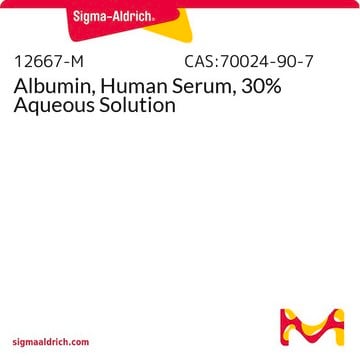31633
Strontium nitrate
puriss. p.a., ACS reagent, ≥99.0% (complexometric)
About This Item
Recommended Products
grade
ACS reagent
puriss. p.a.
Assay
≥99.0% (complexometric)
form
powder or crystals
impurities
≤0.005% ammonium (NH4)
≤0.01% in water insoluble matters (10% solution)
≤0.15% Mg and alkali salts
≤5 ppm heavy metals (by ICP-OES)
loss
≤0.1% loss on drying, 105 °C (4h)
pH
5.0-7.0 (25 °C, 5%)
mp
570 °C (lit.)
anion traces
chloride (Cl-): ≤10 mg/kg
sulfate (SO42-): ≤50 mg/kg
cation traces
Ba: ≤100 mg/kg
Ca: ≤50 mg/kg
Cu: ≤2 mg/kg
Fe: ≤5 mg/kg
K: ≤50 mg/kg
Mg: ≤20 mg/kg
Na: ≤50 mg/kg
Zn: ≤2 mg/kg
SMILES string
[Sr++].[O-][N+]([O-])=O.[O-][N+]([O-])=O
InChI
1S/2NO3.Sr/c2*2-1(3)4;/q2*-1;+2
InChI key
DHEQXMRUPNDRPG-UHFFFAOYSA-N
Looking for similar products? Visit Product Comparison Guide
General description
Application
Signal Word
Danger
Hazard Statements
Precautionary Statements
Hazard Classifications
Eye Dam. 1 - Ox. Sol. 1
Storage Class Code
5.1A - Strongly oxidizing hazardous materials
WGK
WGK 1
Certificates of Analysis (COA)
Search for Certificates of Analysis (COA) by entering the products Lot/Batch Number. Lot and Batch Numbers can be found on a product’s label following the words ‘Lot’ or ‘Batch’.
Already Own This Product?
Find documentation for the products that you have recently purchased in the Document Library.
Our team of scientists has experience in all areas of research including Life Science, Material Science, Chemical Synthesis, Chromatography, Analytical and many others.
Contact Technical Service









